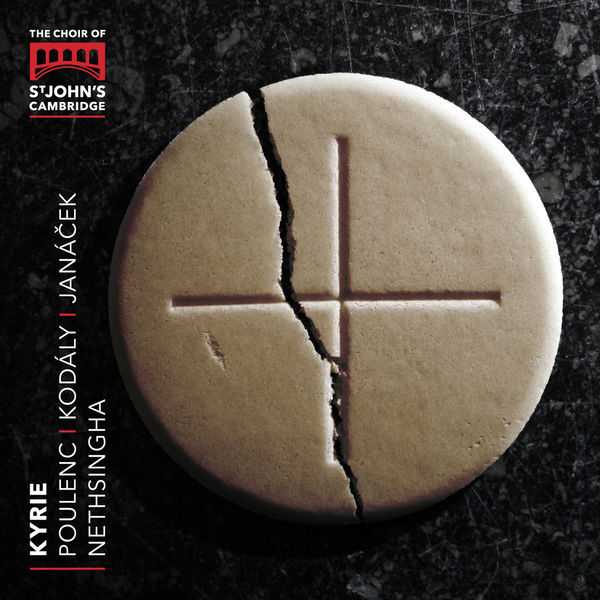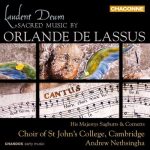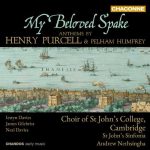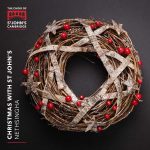

Composer: Leoš Janáček, Zoltan Kodály, Francis Poulenc
Performer: Choir of St John’s College Cambridge
Conductor: Andrew Nethsingha
Format: FLAC (tracks)
Label: Signum
Catalogue: SIGCD489
Release: 2017
Size: 1.04 GB
Recovery: +3%
Scan: yes
Poulenc: Mass in G major
01. I. Kyrie
02. II. Gloria
03. III. Sanctus
04. IV. Benedictus
05. V. Agnus Dei
Kodály: Missa brevis
06. I. Introitus
07. II. Kyrie
08. III. Gloria
09. IV. Credo
10. V. Sanctus
11. VI. Benedictus
12. VII. Agnus Dei
13. VIII. Ite, Missa Est
Janáček: Otče náš, JW 4 / 29
14. I. Otce náš
15. II. Bud’ vule tvá
16. III. Chléb náš
17. IV. A odpusť nám
18. V. Neuvod’ nás
The Choir of St John’s College, Cambridge return to disc with three 20th Century European masterpieces: Poulenc’s Mass in G Major (last recorded by the choir over 40 years ago under the iconic George Guest), Kodály’s Missa Brevis, and Janáček’s Otčenáš (Our Father). All works make use of highly distinctive musical languages, yet all three are tonal and highly accessible.This disc follows the choir’s debut release of works by Jonathan Harvey Deo (SIGCD456), which was awarded the choral prize at the 2017 BBC Music Magazine Awards.
The Choir of St. John’s College, Cambridge (men and boys) and conductor Andrew Nethsingha move into unfamiliar territory with this release of early 20th century music, not only musically, but in the contemporary graphics. They push their sound a bit away from the pure English style in favor of richer European textures. Whether it works will be a matter of taste, but give it a try; this is an unusually well-assembled program. Francis Poulenc’s Mass in G of 1937 is performed fairly often, but the other two works, a World War II-era Missa Brevis of Zoltán Kodály and the Otcenas, a vernacular Lord’s Prayer setting by Leos Janácek, are rarities. All three are works of affirmation, the Poulenc famously so, dating from just after his religious conversion, and all three temper their tonal vocabularies a bit from what had preceded them. Most impressive is the Kodály, written just as the Soviet Union and the Germans prepared to fight it out in the streets of Budapest. Avoiding the folk-influenced idiom of Kodály’s earlier years, it is framed by a minor mode organ prelude and a major mode postlude, and it contains internal junctures where dark is likewise answered by light. Sample the Janácek, written for a women’s shelter in the city of Brno, to hear the haunting combination of choir, harp, and organ. The music of the entire album holds together, and even if the purity of children’s voices doesn’t quite fit the subject matter, it’s still often strangely beautiful. Recommended.



